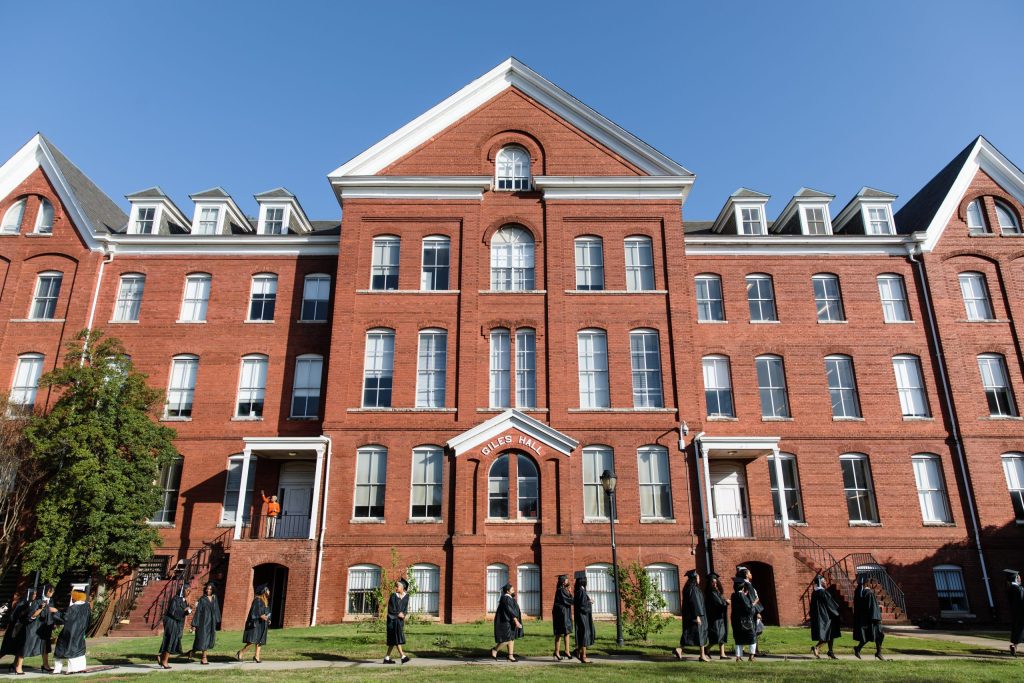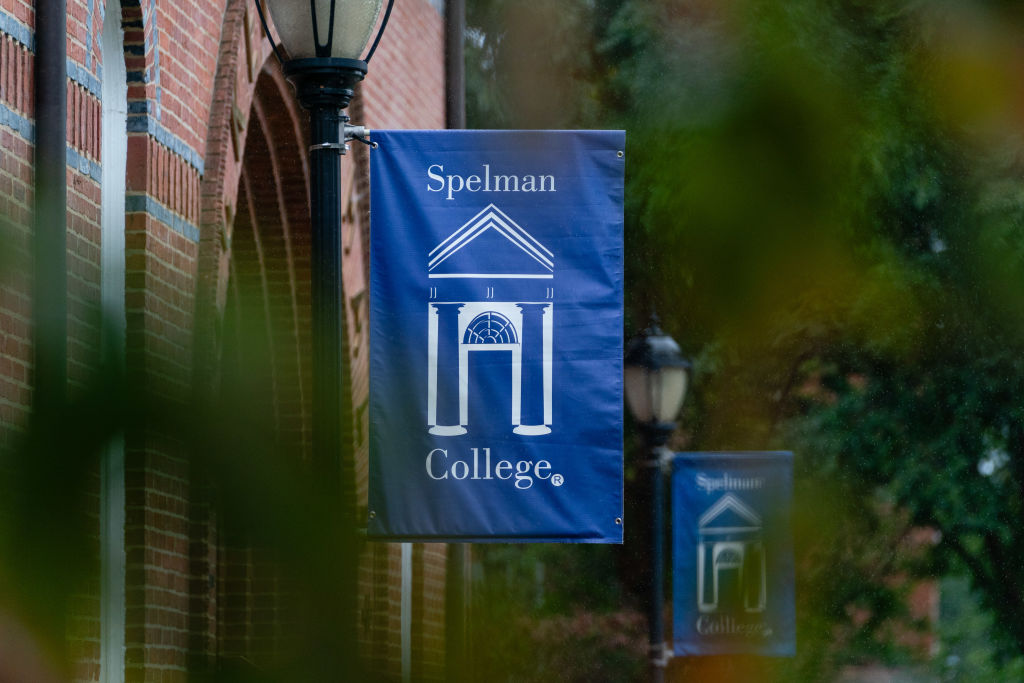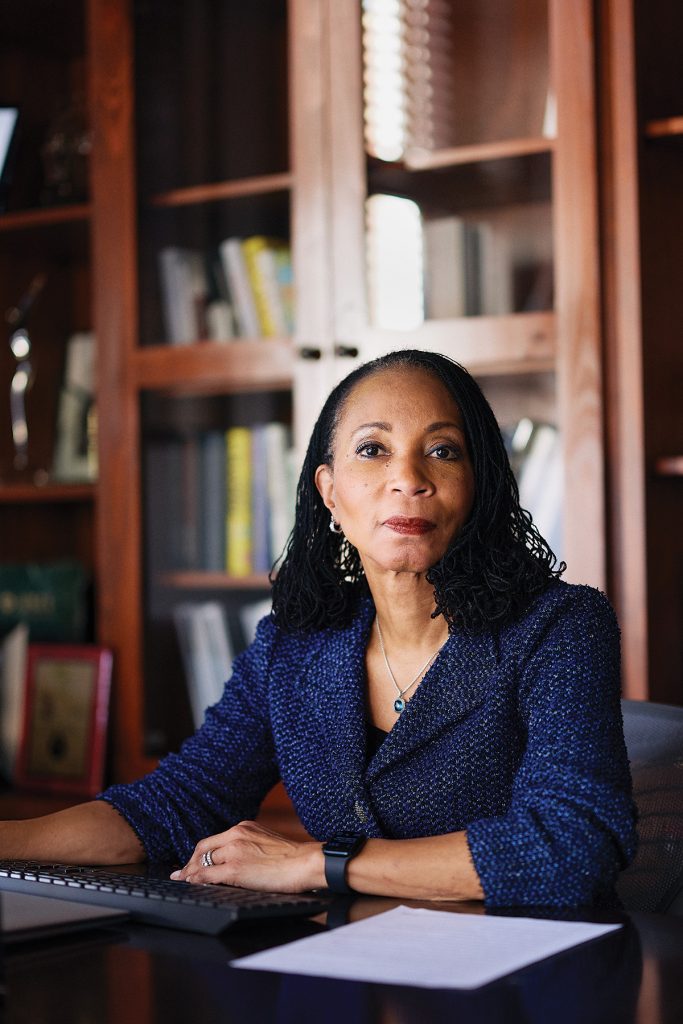by Sebastian Castro
Historically Black Colleges and Universities (HBCUs) were created after the Civil War to provide a space for African Americans to receive higher education. At that point in time, the majority of institutions were still segregated and denied African Americans the right to attend. Today, there are 101 institutions in the United States that are considered HBCUs, making up a total of nearly 20% of all African American college graduates.
Spelman College was founded in 1881 as the Atlanta Baptist Female Seminary by Harriet E. Giles and Sophia B. Packard. At its inception, the school was a work of goodwill and charity, surviving off of gifts, volunteer work, and generous donations. When John D. Rockefeller, legendary American businessman and philanthropist, visited the seminary, he was impressed by the hard work and dedication of the founders and the staff. He contributed a considerable sum of money, settling the institution’s debt. In honor of his wife, Laura Spelman Rockefeller, and her family, many of whom were longtime activists and abolitionists, the school was renamed the Spelman Seminary in 1888, finally becoming Spelman College in 1924.
Dr. Helene Gayle is the 11th president of Spelman College. She was born in Buffalo, New York, to a small business owner and a social worker. She went to Barnard College for undergrad in psychology, University of Pennsylvania’s School of Medicine for her MD, and her Master of Public Health at John Hopkins University’s School of Hygiene and Public Health, now the Bloomberg School. She spent 20 years working for the CDC with an emphasis on global health and infectious disease prevention and control, focusing on HIV/AIDS. From 2006 to 2015, she acted as president and CEO of CARE, an international humanitarian organization. In 2017, Dr. Gayle became CEO of the Chicago Community Trust, otherwise known as The Trust, a community foundation that, under her leadership, shifted its attention to closing the racial and ethnic wealth disparity in Chicago. As of 2022, Dr. Gayle is acting president of Spelman College.


This is Dr. Gayle’s first time working in higher education. Despite being new to the job, Dr. Gayle believes her varied background can serve as an inspiration.
“I hope the different experiences that I’ve had will serve to help students see that you can do things from a variety of different backgrounds,” Dr. Gayle said. “Coming from a varied background gives me a perspective that allows me to transfer some of that to our students.”
Dr. Gayle was excited to be president of Spelman not only because of its history as an HBCU, but also as an all-women’s college.
“Spelman is unique because it focuses on women of African descent. We are the first school created specifically to educate women of African descent,” Dr. Gayle said.
There are only two all-women HBCUs, Spelman being one of them.
Dr. Gayle praises Spelman for its ability to give women of color “a school that allows them to grow and appreciate both their experience as an African American, but also understand how being a woman intersects with it.”
“All they have to do is be themselves, be smart, study, get a good education, and not always have to think about whether or not being a woman and Black is valued in the environment in which they’re in,” Dr. Gayle said.
Dr. Gayle says that despite HBCUs being a product of another time, they serve a purpose now more than ever to empower and provide community to students of color.
“HBCUs still serve as an important place because they were uniquely created for the African American community to experience an opportunity to see excellence in people who reflect who you are in your culture,” Dr. Gayle said. “We have professors, many of whom are African American, so [students] can see themselves reflected in the people who teach them and provide services to them”
With their favorable faculty-to-student ratio, small class sizes, and co-curricular program that gives students experiences to amplify what they’re learning in the classroom, Spelman aims to provide students the best possible education. According to Dr. Gayle, they already have.
“I’ve talked to our students, who all the time say they were transformed coming to Spelman. They have a greater belief in themselves. They have kind of an unshakable confidence in who they are in the world, and particularly in a world that doesn’t always value their blackness.”
Dr. Gayle thinks that a community like Spelman is the ideal place for young students of color to realize their potential while surrounded by peers that appreciate and empathize with their lived struggles and experiences.
“I think that having a place where people believe in you, where they invest in you, where they understand and appreciate the culture you come from, where you can authentically be yourself is a very important grounding experience, particularly in those young years as you’re developing your sense of self,” Dr. Gayle said.
While HBCUs were created to cater to African American students, Dr. Gayle thinks that students of all races and creeds should keep their eyes on schools like Spelman.
“I think HBCUs have always been open and inclusive. You know, there are many people that believe that HBCUs are only for Black students, but that’s not necessarily the case,” Dr. Gayle said. “HBCUs were uniquely created for young Black people and so there is a special lens, there is a unique opportunity, but it’s a unique opportunity that others beyond Black students can appreciate.”

